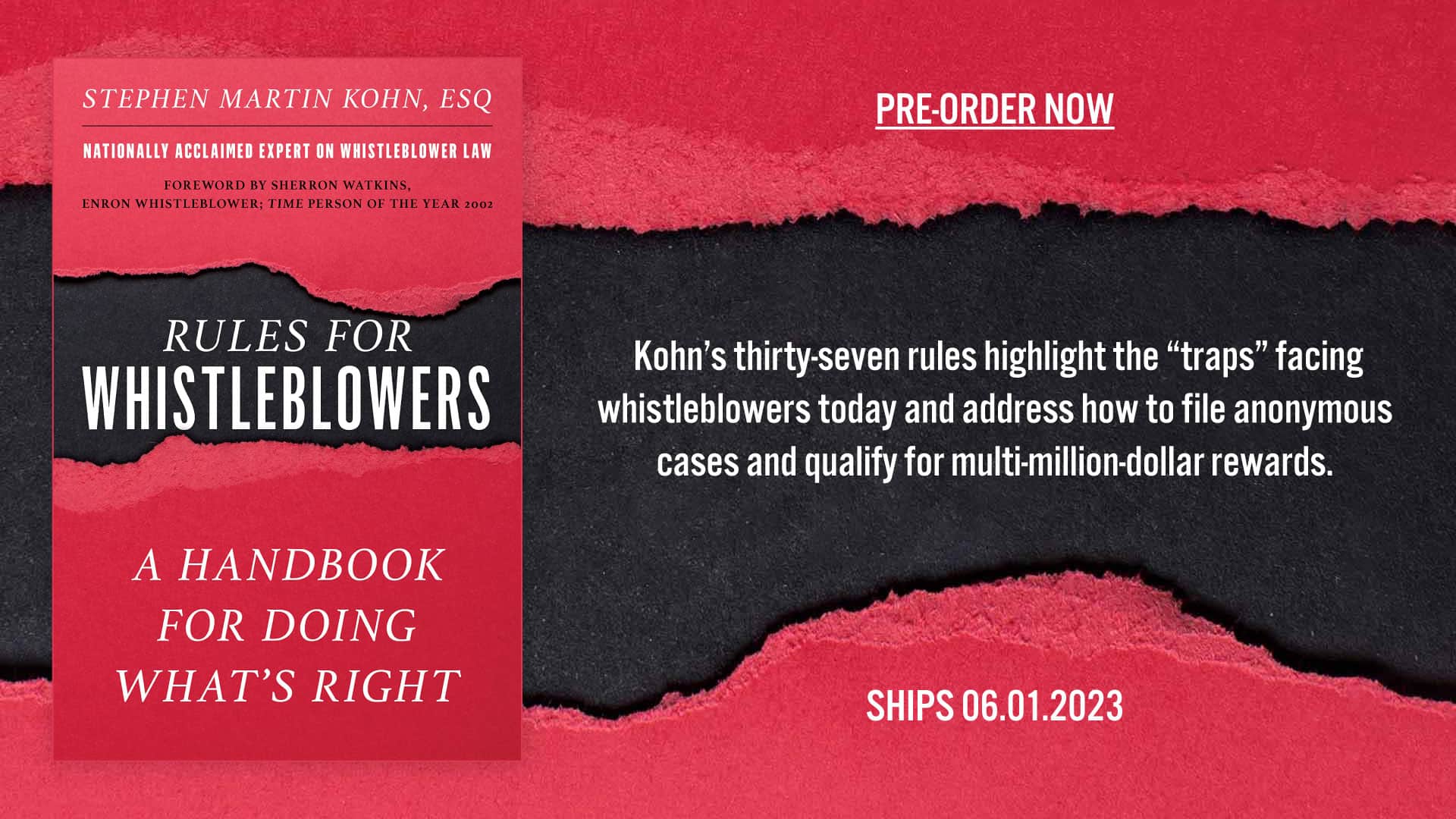There are many types of violations covered under the IRS tax whistleblower reward program, including the non-criminal underpayment of taxes. The most common types of violations covered are fraud, such as tax evasion, offshore banking, shell accounts, money laundering, pyramid schemes, and other types of financial fraud.
Violations covered under the IRS tax whistleblower reward program also include those within the jurisdiction of the IRS criminal division, or the violation of the requirements set forth in any form that a taxpayer or bank was required to file with the IRS. Whistleblowers who provide specific and credible information may be eligible to receive a reward of between 15 and 30 percent of the sanctions collected by the IRS.
Given the complex nature of the IRS tax code, whistleblowers who believe they have a case should consult with an experienced IRS whistleblower attorney to get an understanding of the types of violations covered. They should also learn about their rights as a whistleblower and be more prepared to work with their attorney on filing and seeing a claim through to the reward determination.



